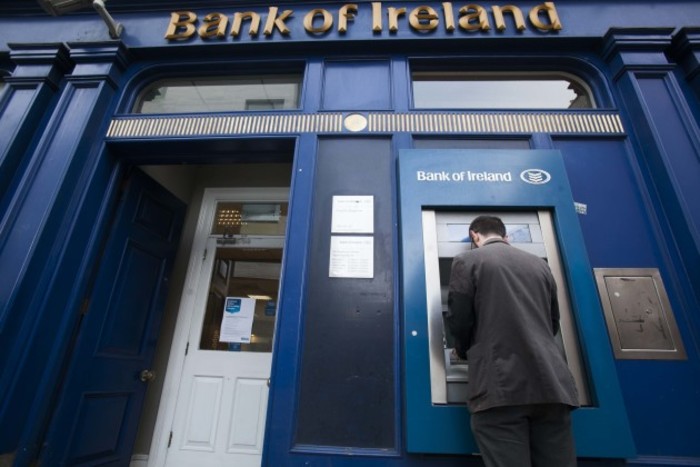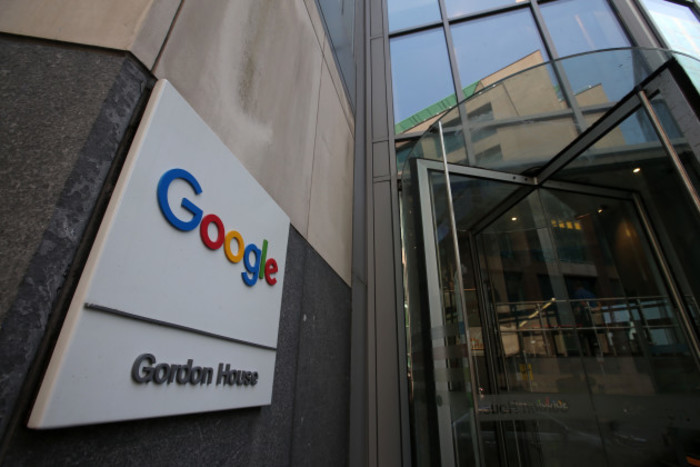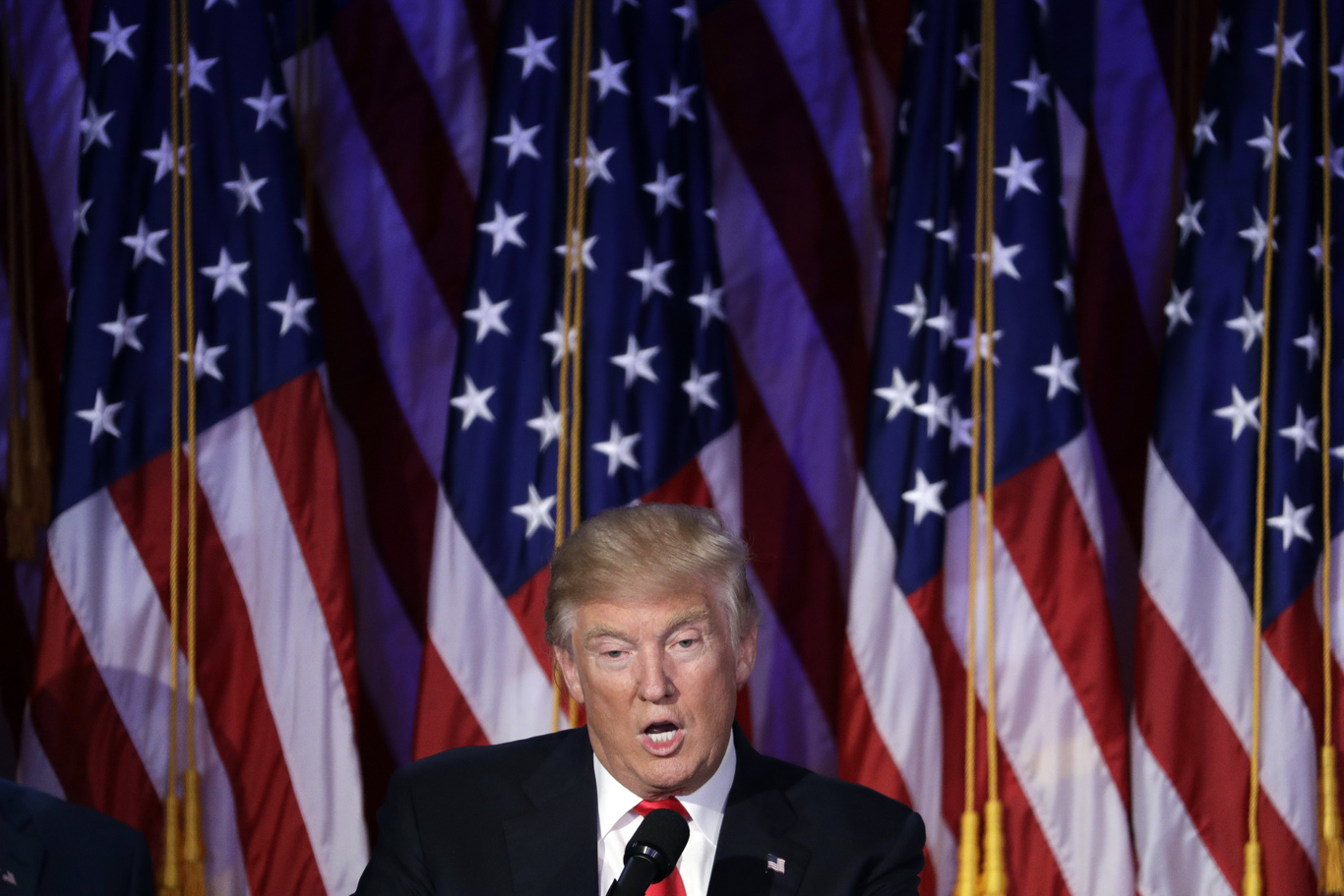These are the industries tipped to win and lose 'bigly' under The Donald
Trump’s presidency is good news for Irish building suppliers – but it could be bad news for banks.
FIRST BREXIT, NOW Trump. The business world will forever remember 2016 as the year of uncertainty.
Pundits have already warned that Ireland is vulnerable with Donald Trump as leader of the free world.
According to Goodbody analysts and as detailed elsewhere on Fora, The Donald’s protectionist policies are not good for our small, open economy which is heavily dependent on trade and US investment.
That said, there are still some sectors that could win ‘bigly’ – to quote a Trumpism – with the property tycoon as US president.
Construction
Trump’s pledge to spend trillions on building US highways and bridges is good news for the construction industry.
Davy analysts said that although it is early days yet, Irish building materials firm CRH “seems like an obvious beneficiary” of Trump’s proposed spending on infrastructure.
CRH, the largest indigenous Irish company by turnover, is the biggest producer of asphalt in the US. It is also the third-largest producer of construction aggregates, the material used to make gravel.
The group’s US sales account for roughly 60% of the group’s overall profits.
“While light on detail, (Trump) has continually pushed infrastructure spending as a means to create jobs. The numbers are significant should they come to pass,” Davy analyst Robert Gardiner wrote in a briefing note this morning.
“While talk is cheap and funding a major question mark, we believe that post-election talk of an infrastructure stimulus will now gain more traction.”
Banks
The direct implications for Irish banks from a Trump win are “relatively immaterial”, according to Goodbody researchers. However, the indirect impact could be “far more material” – a pose a potential headwind to the sector as a whole.
Analysts noted that US exposures of Irish banks is minimal. It is “principally confined to Bank of Ireland’s leveraged finance business”, which accounts for roughly 5% of its loan book.

There could be lower activity in that market, but the real risks to Ireland’s banks are more indirect.
Trump’s promise to lower US corporate tax rates to 15% could eventually lead to a slowdown in US investment into Ireland given the large levels of foreign direct investment here.
This could be made worse by any US economic slowdown, which would spell lower employment levels in Ireland and would have knock-on effect for retail and SME lending.
Property investment funds
Goodbody also warned that a less open US market is going to have significant consequences on the demand for global real estate investments by US investors.
Demand for commercial space “is likely to be weakened across developed markets as business confidence recedes”, its pundits said.

“Ireland has an occupier base, particularly in the Docklands, that is highly skewed towards US multinationals. These occupiers rely on the accessibility and openness enjoyed by both markets, all this is now at risk given Trump’s rhetoric on US businesses abroad.”
That said, it has been suggested that investors that are iffy about the US market might look favourably on the relatively stable European market.






